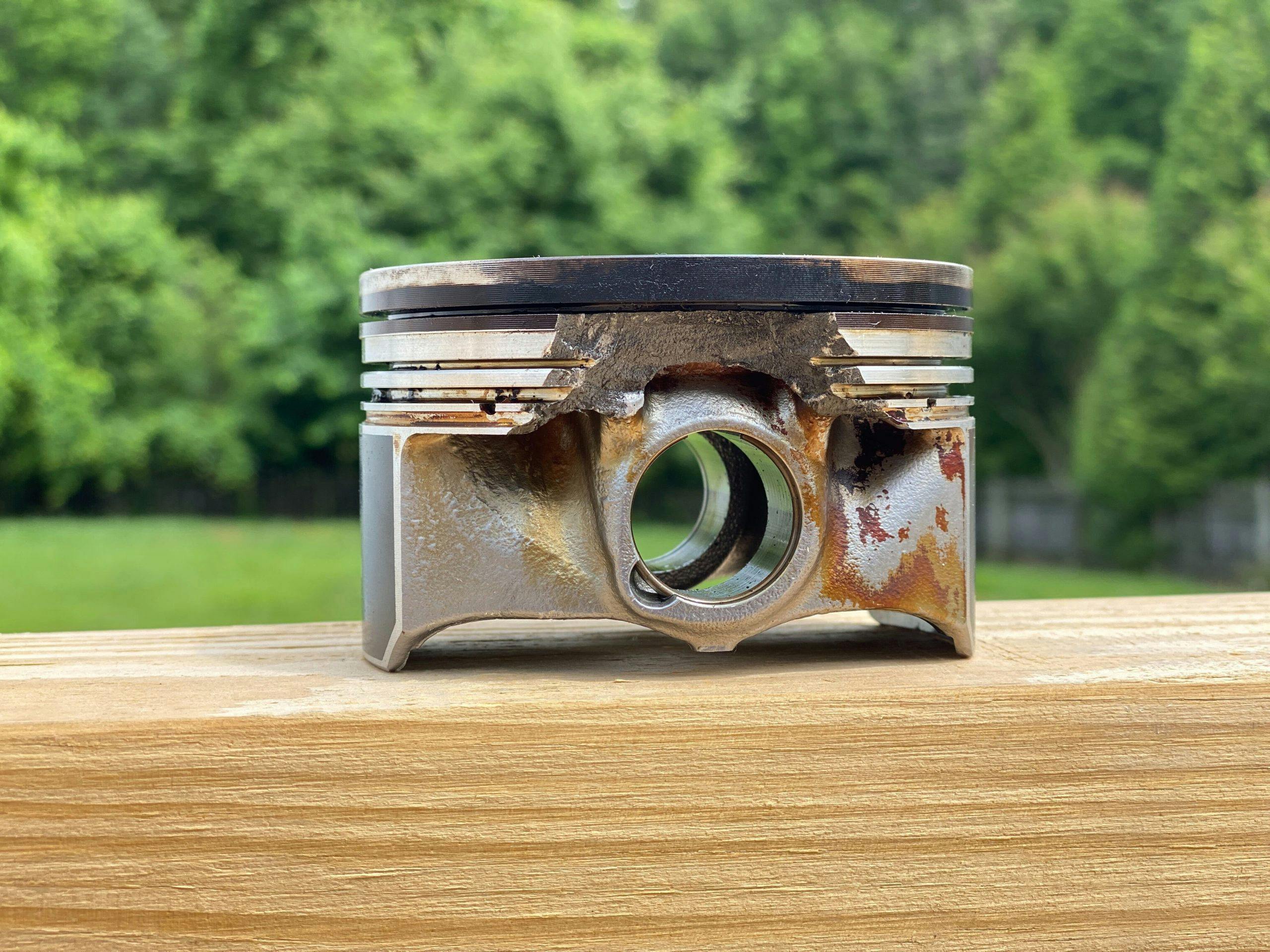Joe Dutchstar
RVF Supporter
- Joined
- Nov 3, 2019
- Messages
- 3,648
- Location
- Florida
- RV Year
- 2024
- RV Make
- Newmar
- RV Model
- Dutch Star 4311
- RV Length
- 43
- Chassis
- Spartan
- Engine
- Cummins
- TOW/TOAD
- 2018 Ford Flex
- Fulltimer
- No
Follow along with the video below to see how to install our site as a web app on your home screen.
Note: This feature may not be available in some browsers.
I found some brand new oil (that is unopened oil) that was 20 years old

